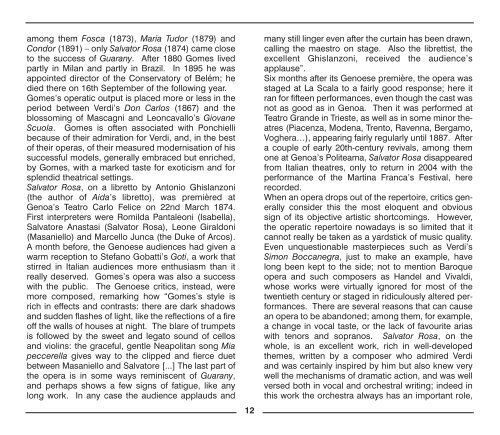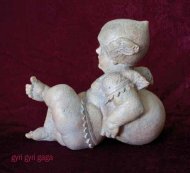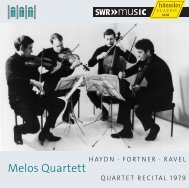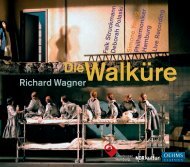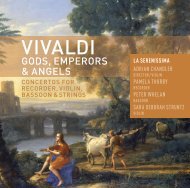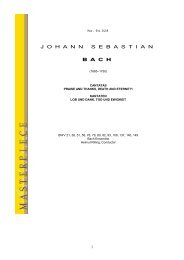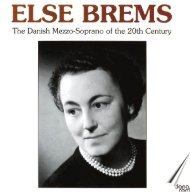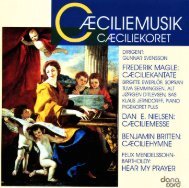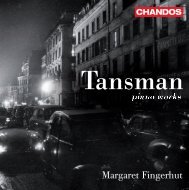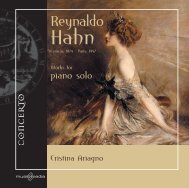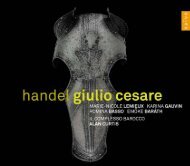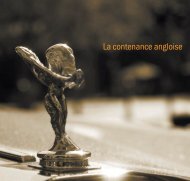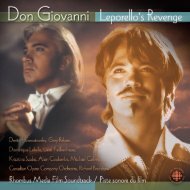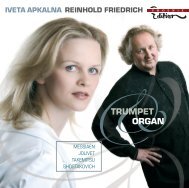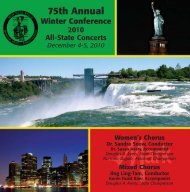LIBRETTO - Naxos Music Library
LIBRETTO - Naxos Music Library
LIBRETTO - Naxos Music Library
Create successful ePaper yourself
Turn your PDF publications into a flip-book with our unique Google optimized e-Paper software.
ooklet472.qxd 18/02/2005 14.34 Pagina 12<br />
among them Fosca (1873), Maria Tudor (1879) and<br />
Condor (1891) – only Salvator Rosa (1874) came close<br />
to the success of Guarany. After 1880 Gomes lived<br />
partly in Milan and partly in Brazil. In 1895 he was<br />
appointed director of the Conservatory of Belém; he<br />
died there on 16th September of the following year.<br />
Gomes’s operatic output is placed more or less in the<br />
period between Verdi’s Don Carlos (1867) and the<br />
blossoming of Mascagni and Leoncavallo’s Giovane<br />
Scuola. Gomes is often associated with Ponchielli<br />
because of their admiration for Verdi, and, in the best<br />
of their operas, of their measured modernisation of his<br />
successful models, generally embraced but enriched,<br />
by Gomes, with a marked taste for exoticism and for<br />
splendid theatrical settings.<br />
Salvator Rosa, on a libretto by Antonio Ghislanzoni<br />
(the author of Aida’s libretto), was premièred at<br />
Genoa’s Teatro Carlo Felice on 22nd March 1874.<br />
First interpreters were Romilda Pantaleoni (Isabella),<br />
Salvatore Anastasi (Salvator Rosa), Leone Giraldoni<br />
(Masaniello) and Marcello Junca (the Duke of Arcos).<br />
A month before, the Genoese audiences had given a<br />
warm reception to Stefano Gobatti’s Goti, a work that<br />
stirred in Italian audiences more enthusiasm than it<br />
really deserved. Gomes’s opera was also a success<br />
with the public. The Genoese critics, instead, were<br />
more composed, remarking how “Gomes’s style is<br />
rich in effects and contrasts: there are dark shadows<br />
and sudden flashes of light, like the reflections of a fire<br />
off the walls of houses at night. The blare of trumpets<br />
is followed by the sweet and legato sound of cellos<br />
and violins: the graceful, gentle Neapolitan song Mia<br />
peccerella gives way to the clipped and fierce duet<br />
between Masaniello and Salvatore [...] The last part of<br />
the opera is in some ways reminiscent of Guarany,<br />
and perhaps shows a few signs of fatigue, like any<br />
long work. In any case the audience applauds and<br />
12<br />
many still linger even after the curtain has been drawn,<br />
calling the maestro on stage. Also the librettist, the<br />
excellent Ghislanzoni, received the audience’s<br />
applause”.<br />
Six months after its Genoese première, the opera was<br />
staged at La Scala to a fairly good response; here it<br />
ran for fifteen performances, even though the cast was<br />
not as good as in Genoa. Then it was performed at<br />
Teatro Grande in Trieste, as well as in some minor theatres<br />
(Piacenza, Modena, Trento, Ravenna, Bergamo,<br />
Voghera…), appearing fairly regularly until 1887. After<br />
a couple of early 20th-century revivals, among them<br />
one at Genoa’s Politeama, Salvator Rosa disappeared<br />
from Italian theatres, only to return in 2004 with the<br />
performance of the Martina Franca’s Festival, here<br />
recorded.<br />
When an opera drops out of the repertoire, critics generally<br />
consider this the most eloquent and obvious<br />
sign of its objective artistic shortcomings. However,<br />
the operatic repertoire nowadays is so limited that it<br />
cannot really be taken as a yardstick of music quality.<br />
Even unquestionable masterpieces such as Verdi’s<br />
Simon Boccanegra, just to make an example, have<br />
long been kept to the side; not to mention Baroque<br />
opera and such composers as Handel and Vivaldi,<br />
whose works were virtually ignored for most of the<br />
twentieth century or staged in ridiculously altered performances.<br />
There are several reasons that can cause<br />
an opera to be abandoned; among them, for example,<br />
a change in vocal taste, or the lack of favourite arias<br />
with tenors and sopranos. Salvator Rosa, on the<br />
whole, is an excellent work, rich in well-developed<br />
themes, written by a composer who admired Verdi<br />
and was certainly inspired by him but also knew very<br />
well the mechanisms of dramatic action, and was well<br />
versed both in vocal and orchestral writing; indeed in<br />
this work the orchestra always has an important role,


